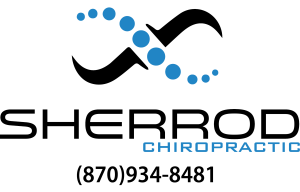Probiotics
In the past decade, probiotics have become increasingly popular in the United States, but many consumers still don’t fully understand what probiotics are and what effects they have on the body.
What are probiotics?
- Probiotics appear to be safe and promising dietary supplements.
- The term “probiotics” describes microorganisms or other agents that support healthy flora in the human gastrointestinal tract. Healthy flora help digest food, maintain the intestinal endothelium, inhibit pathogens, or perform other useful functions.
- There is abundant research on the physiological effects of probiotics-containing foods or supplements, specifically on the use of certain Lactobacillus and Bifidobacterium strains, as well as the yeast Saccharomyces boulardii.
- Human clinical research on probiotics has mostly focused on gastrointestinal conditions.
The benefits of probiotics
- Diarrhea secondary to pediatric viral infections, antibiotic therapy, or foreign travel has been prevented or reduced in severity in numerous controlled trials.
- Four out of five double-blind studies reported benefits to sufferers of irritable bowel syndrome.
- Some success has also been reported in the treatment of ulcerative colitis.
- Some studies have looked at the effect of probiotics on the immune system, and show promise.
Which foods or supplements contain probiotics?
- While several foods, such as yogurt, kefir and sauerkraut, contain probiotic organisms, their strains may be quite different and in much lower concentrations compared with the supplements employed in clinical trials.
- Research has yet to show whether certain strains are superior to others and what the optimal daily intake should be for treatment and prevention of various diseases.
- The doses used in studies ranged from two billion to several hundred billion colony-forming units per day.
- Many of the exact strains employed in clinical research, however, are not commercially available in the United States. It is unclear whether similar products would produce equal results.
Sources:
1. Reid G, Jass J, Sebulsky MT, McCormick JK. Potential uses of probiotics in clinical practice. Clin Microbiol Rev 2003 Oct;16(4):658-72.
2. Drisko JA, Giles CK, Bischoff BJ. Probiotics in health maintenance and disease prevention. Altern Med Rev 2003 May;8(2):143-55.



